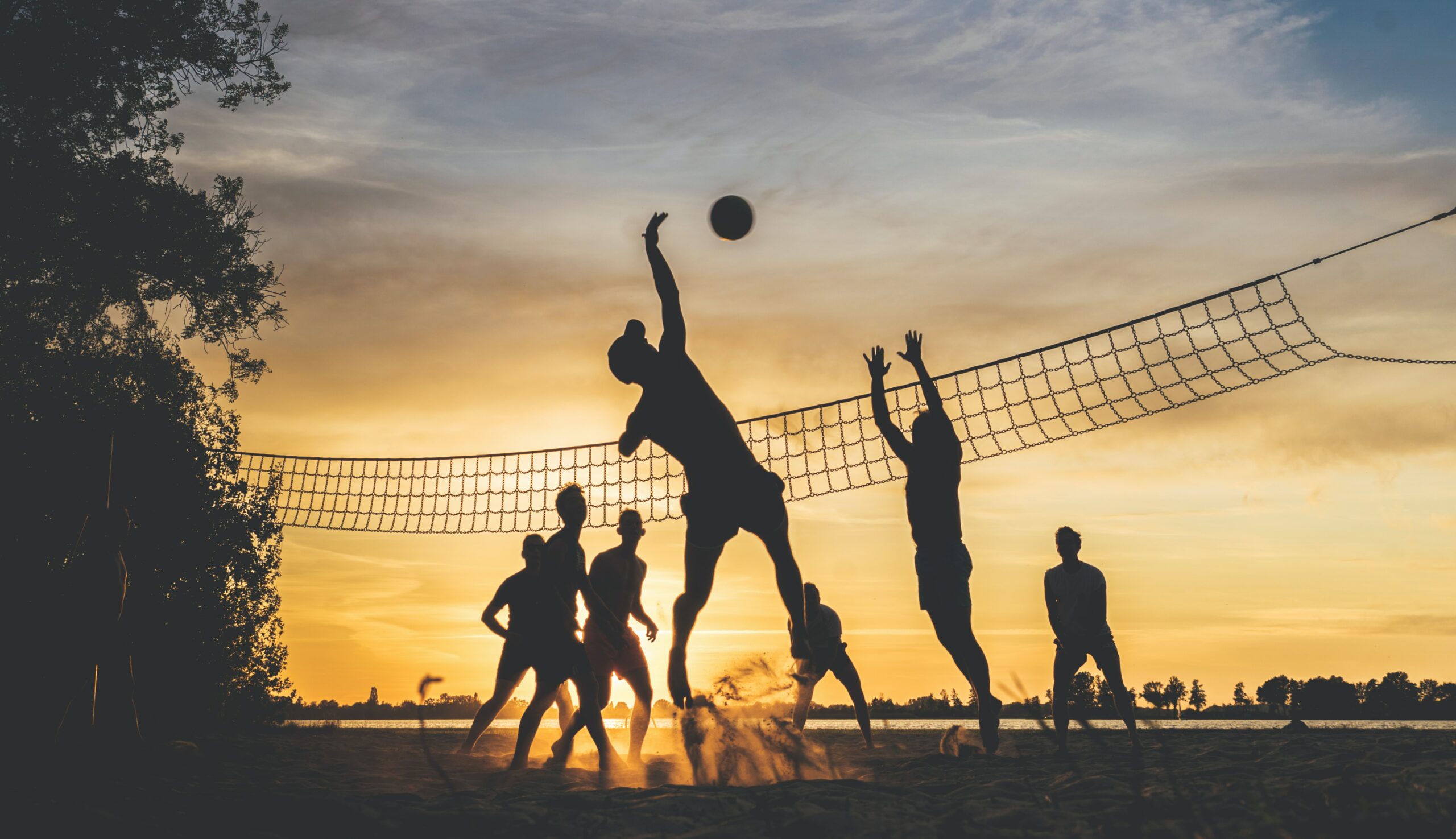Staying physically fit requires regular physical activity. However, you may be surprised to find out that staying active can also benefit your mental and emotional well-being.
A growing body of evidence links physical activity to enhanced mental health and wellbeing. Dr Marshall Hubsher recognizes exercise prescription as a treatment modality for a variety of mental health conditions.
Below, retired psychologist and avid tennis player Dr Marshall Hubsher, talks more about the mental benefits of playing sports as well as the ways athletics affect people of all ages.

Improves your mood
Physical activity releases chemicals called endorphins and serotonin. As a result of this chemical, you feel happy and less stressed. As norepinephrine is stimulated, stress hormone cortisol is reduced, which in turn reduces mood uplifter cortisol. When you are playing your favorite sport and feel relaxed, serotonin and endorphins are kicking in to boost your mood.
Confidence and self-esteem
Sports involve setting goals, coordinating with teammates, and working toward them. In this process, players are empowered to perform well, while also having fun. Taking part in sports helps boost confidence levels and self-esteem, as players feel better about themselves with every game or skill improvement.
Enhances focus
Sports aren’t just about fun and fitness. A physical sport requires fast reaction times and the ability to anticipate certain situations. While playing sports, cognitive skills such as critical thinking and concentration are regularly exercised and sharpened.
Relieves symptoms of depression and anxiety
Physical activity and sports can serve as natural antidepressants. Stress and anxiety are reduced by the release of endorphins, which lowers cortisol levels. According to Dr Marshall Hubsher, continuous exercise reduces the risk of relapsing into depression and helps people manage mild depression and anxiety.
Sleep
Playing sports can exhaust you, but that’s not necessarily bad. Physical activity has been shown to improve sleep quality. In a study on how exercise affects sleep, scientists found that the daily sun exposure you receive outdoors when doing some of these activities may help regulate your body’s sleep-wake cycle.
Engage in social activities
It can be a positive experience for participants to join a sport that creates a sense of belonging. Team sports, in particular, encourage players to communicate regularly with one another. By having constant communication, they will be able to break out of their shell and become more socially active.
Some people may not enjoy social interaction, but it is essential for mental health. As retired Roslyn-based psychiatrist Dr Marshall Hubsher explains, the lack of social connections can negatively impact children both short- and long-term. Building social relationships through sports can relieve the stress often associated with meeting new people, no matter what your child’s age.